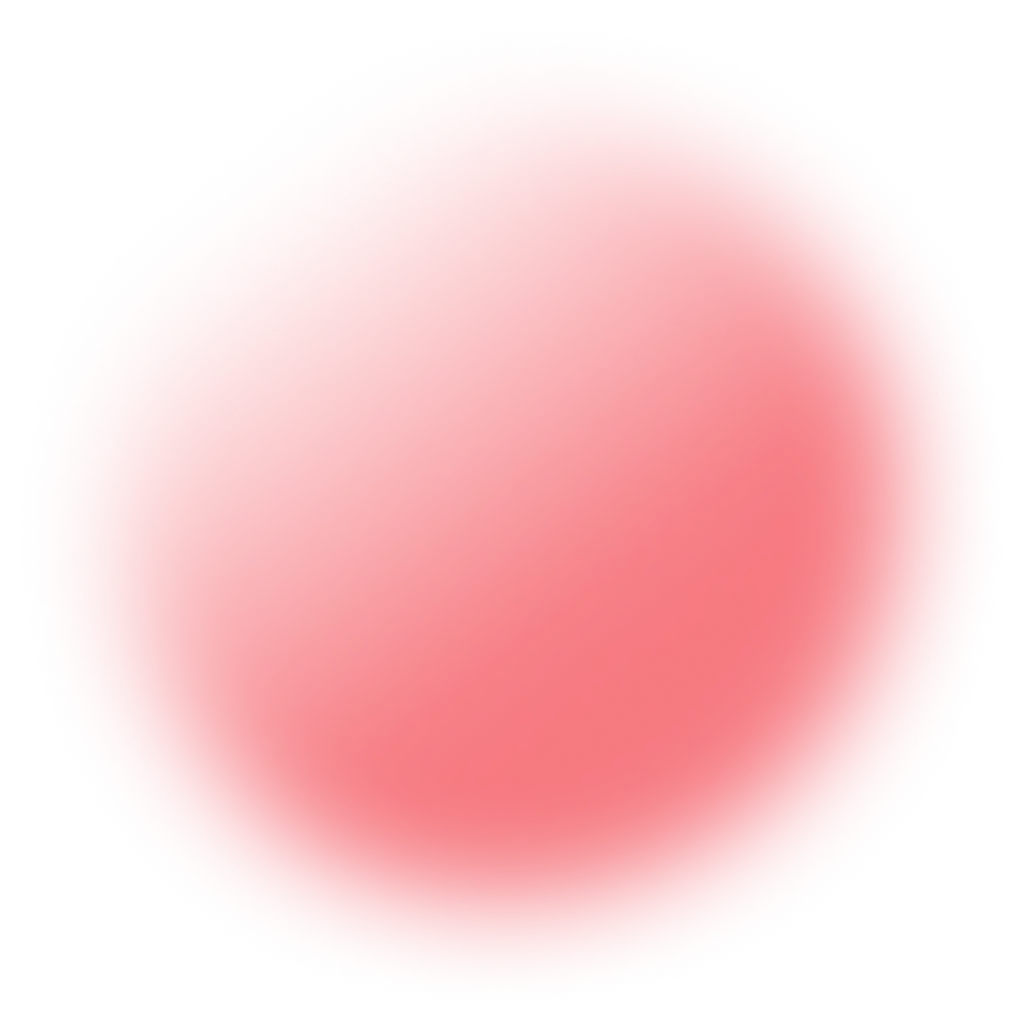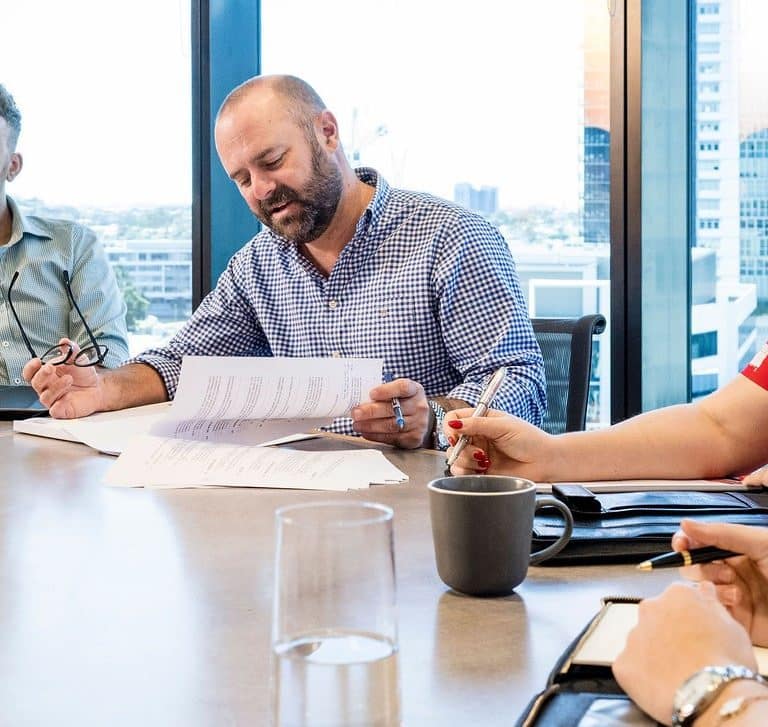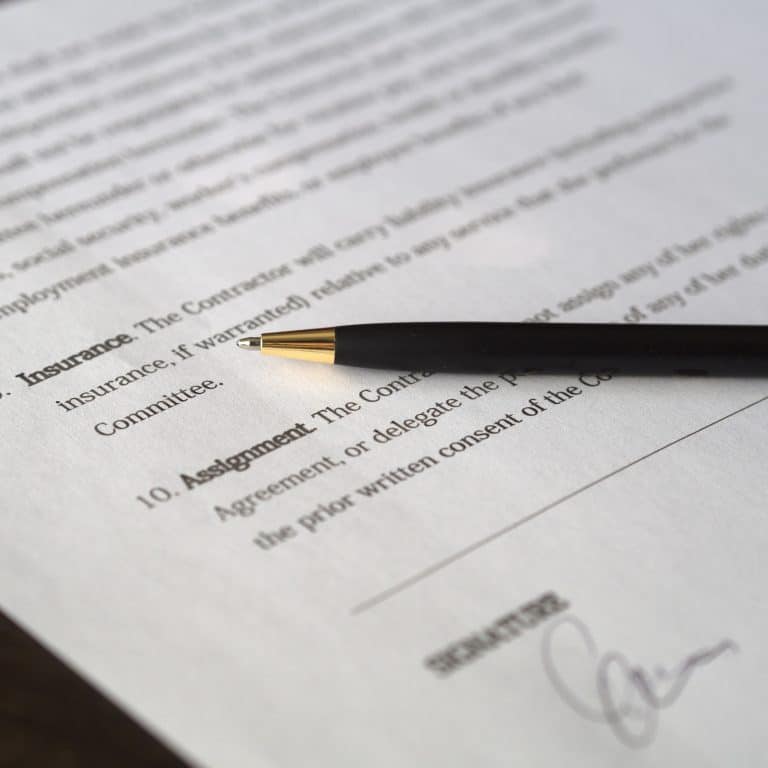If your client uses vacant land as storage for their business and is hoping to rely on the Small Business CGT Concessions on the sale of that land, they may not be able to – courtesy of FCT v Eichmann [2019] FCA 2155 (Eichmann).
The relevant legislation is Division 152 of the Income Tax Assessment Act 1997 (Cth) (ITAA97) which provides concessions for small business taxpayers, with an intent to provide tax concessions by reducing the capital gain generated by a CGT Event.
The taxpayer must satisfy various conditions as set out in the legislation, one of them being that the CGT asset is an active asset.
Section 152-40 provides:
- A CGT asset is an active asset at a time if, at that time:
- you own the asset (whether the asset is tangible or intangible) and it is used, or held ready for use, in the course of carrying on a business that is carried on (whether alone or in partnership) by:
- you; or
- your affiliate; or
- another entity that is connected with you; or
- if the asset is an intangible asset – you own it and it is inherently connected with a business that is carried on (whether alone or in partnership) by you, your affiliate or another entity that is connected with you.
- you own the asset (whether the asset is tangible or intangible) and it is used, or held ready for use, in the course of carrying on a business that is carried on (whether alone or in partnership) by:
Importantly, the decision of Eichmann appears to narrow the application of the active asset test.
Eichmann and his wife owned two adjoining parcels of land. The family home was on the first parcel of land. The second parcel of land had two sheds, a block wall, and a gate to secure the property. The Eichmann family trust operated a business of building, bricklaying, and paving, with Eichmann and his wife being the directors and shareholders of the corporate trustee and beneficiaries of the trust.
The second parcel of land was used as follows:
- the two sheds were used as storage for work tools, equipment, and materials;
- the remaining space was used to store materials that did not need to be stored under cover, including bricks, blocks, pavers, mixers, wheelbarrows, drums, scaffolding and iron;
- parking for work vehicles and trailers;
- tools and items were collected from the land on a daily basis (sometimes several times a day in between jobs);
- the land was mainly used for storage, as work would be done on work sites;
- on occasion, some preparatory work was done on the land in a limited capacity; and
- there was no business signage on the land.
When the parcel of land was sold, Eichmann and his wife applied for a public ruling that it was an active asset.
Eichmann and his wife otherwise satisfied the requirements of s 152-35 ITAA97. The Commissioner ruled that the land was not an active asset. Eichmann sought review by the AAT, who determined that the land was an active asset. The Commissioner then appealed the AAT decision to the Federal Court and was successful.
The Court made the following observations:
- the land did not contribute to the business activities, but part of it was used merely for storage;
- it needs to be established that the whole, or predominantly the whole of the asset had been used in the course of carrying on a business;
- it was not sufficient that the land was used ‘in relation to’ the course of carrying on a business or for the purposes associated with the business. The legislation requires the land to be used ‘in the course of carrying on a business’;
- it is necessary for the use to have direct functional relevance to the carrying on of the normal day to day activities of the business which are directed to the gaining or production of assessable income.
The Federal Court ruled that the land was not an active asset.
The decision is a harsh result for the application of legislation that is intended to assist small businesses, by imposing strict requirements on how much ‘use’ must be made of an asset before the small business concessions can apply.
Please contact Ian Tindale if you have any questions.



